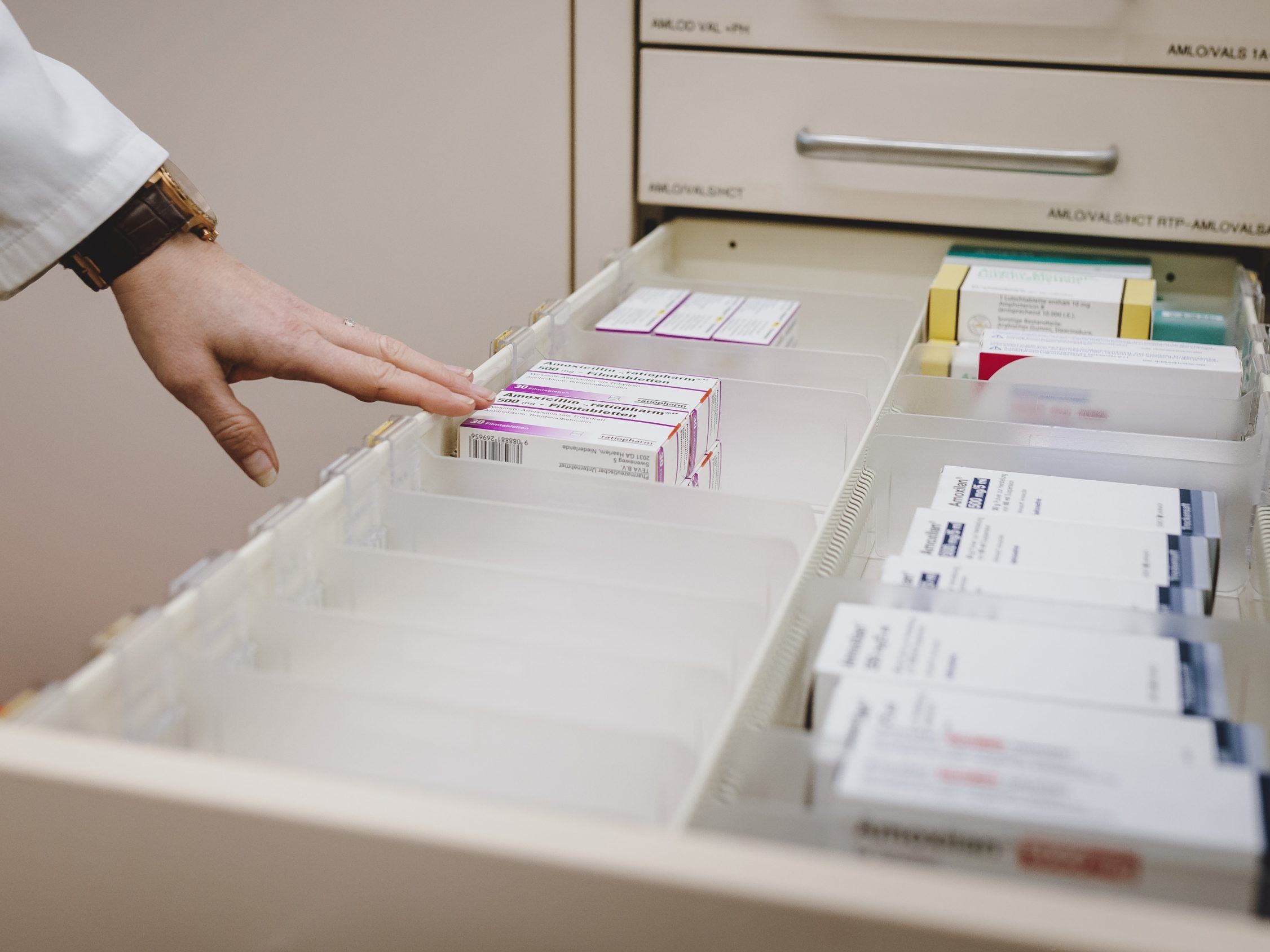Doctors' Chamber Warns of Medication Shortages

At a press conference in the Austrian Medical Association, Steinhart and Ernst Agneter, a specialist in pharmacology and president of the Society of Physicians in Vienna, outlined a scenario in which this medication shortage could threaten in the coming months and even years. "That sick people do not receive urgently needed medications is unacceptable from a medical perspective and shameful for a wealthy country like Austria," said Steinhart.
Medical Association Warning Due to Medication Shortages: Austrian Market No Longer Attractive for Manufacturers
The price band for pharmaceutical specialties introduced in 2017 has further increased the price pressure on manufacturers. As a result, the maximum price of a reimbursed medication may be no more than 20 percent above that of the cheapest equivalent medication. However, this has led to "Austria being considered internationally as a cheap country for medications," said Steinhart. For manufacturers, the market in Austria is no longer attractive, and they would prefer to produce in other countries. According to Agneter, the price of the broad-spectrum antibiotic Amoxicillin, which is also administered to children, has been reduced five times.
Another "fatal mistake," according to Steinhart, would be the introduction of active ingredient prescription in Austria, as is repeatedly demanded by politics. "This concept means that doctors prescribe only the active ingredient to a patient instead of a specific preparation," explained the Medical Association President. Which medication the patients then receive at the pharmacy is then subject to the pharmacist's decision. This could also be the equivalent but cheaper generic. "However, the doctor knows the patient well with all their needs," criticized Steinhart. It is feared that the selection will no longer be based on the specific needs of a patient, but other considerations such as storage costs or profit margins for pharmacies will become relevant to the decision.
Medical Association Warning of Confusion with Medications
"It must be warned that compliance, i.e., adherence to therapy, suffers greatly when a patient constantly receives new preparations," said Steinhart. Patients also like to orient themselves by the form or color of the medicine or the appearance of the packaging; medication and active ingredient names mean nothing to them. Many would say, according to the Medical Association President, "I no longer understand." The risk of confusion in medication intake is therefore high," said Steinhart. He reported overdoses because generics sometimes lack the score line, and the tablets are then not halved but taken whole. According to Agneter, there are, for example, seven different possibilities for the form and strength of the active ingredient Simvastatin. According to Steinhart, this could lead to life-threatening situations.
The price reduction through generics has its consequences. According to Agneter, an average of 20 generic medicines leave the reimbursement code in Austria per month because their production is no longer economical. "The active ingredient Atorvastatin was included in the reimbursement code in 2005 with a factory price of 33 euros," said the physician. The cheapest generic is currently at 3.24 euros. Thus, prices have reduced by 90 percent in 20 years." In addition, there is the EU's urban wastewater directive. This would endanger the supply of Metformin. "Metformin is an effective, inexpensive medication on which around 130 million patients worldwide depend. It is used to treat type 2 diabetes. If the urban waste water treatment guideline is implemented, it is assumed that this medication will disappear from the market," warned Agneter.
Alexander Herzog, Secretary General of Pharmig, also spoke out against active ingredient prescription in a statement, which would not solve the problems with medication supply but only exacerbate them: "Concrete measures have already been taken to combat shortages of medications. If, as has often been discussed in the past, Austrian doctors were obliged in the future to write only active ingredients on a prescription instead of medication names, this would only cause uncertainty and certainly not result in a single shortage less." It is essential to take measures at the European level, as shortages are not purely a national problem.
(APA/Red)
This article has been automatically translated, read the original article here.





